Table of Contents
- Introduction to Modern Minimalist Bedrooms
- Characteristics of Modern Minimalist Design
- Benefits of Minimalist Bedrooms
- Essential Furniture for a Modern Minimalist Bedroom
- Choosing the Perfect Color Palette
- Lighting: A Key Element in Minimalist Design
- Decluttering Tips for a Minimalist Look
- Textures and Materials to Use
- Wall Art and Decor: Less is More
- Incorporating Nature into Minimalist Spaces
- Best Storage Solutions for Minimalist Bedrooms
- Popular Minimalist Bedding Choices
- Mistakes to Avoid in Minimalist Bedroom Design
- Modern Minimalist Bedroom Ideas for Small Spaces
- Conclusion: Achieving Your Dream Minimalist Bedroom
Introduction to Modern Minimalist Bedrooms
A modern minimalist bedroom combines sleek, functional design with a serene, clutter-free environment. This style emphasizes simplicity, clean lines, and a focus on essentials, creating a space that promotes relaxation and mindfulness. Whether you’re downsizing or simply seeking peace in your personal sanctuary, this design offers the perfect solution.
Characteristics of Modern Minimalist Design
The key to understanding modern minimalist bedrooms lies in their defining features.
- Simplicity: Fewer items, streamlined furniture, and no unnecessary frills.
- Functionality: Every piece serves a purpose.
- Clean Lines: Straight or slightly curved lines dominate furniture and decor.
- Neutral Colors: Soft, muted tones take precedence.
- Open Spaces: The layout prioritizes free movement and avoids overcrowding.
Minimalist bedrooms are not just a trend—they’re a lifestyle that embraces “less is more.”
Benefits of Minimalist Bedrooms
Designing a minimalist bedroom goes beyond aesthetics. The benefits include:
- Improved Sleep: A clutter-free, serene environment fosters better relaxation.
- Reduced Stress: A clean and organized space helps minimize mental chaos.
- Time-Saving: Less clutter means easier cleaning and organizing.
- Timeless Appeal: Minimalist designs don’t go out of style.
Essential Furniture for a Modern Minimalist Bedroom
When selecting furniture for a minimalist bedroom, prioritize simplicity and functionality.
Key Furniture Pieces
- Platform Beds: Low-profile beds with clean lines are perfect for a minimalist aesthetic.
- Nightstands: Opt for sleek, no-frills designs, preferably with hidden storage.
- Wardrobes: Built-in or free-standing closets with a simple, neutral finish blend seamlessly.
- Seating: If space permits, add a compact, armless chair or a small bench at the foot of the bed.
Material Choices
- Natural wood, glass, or metal finishes complement the minimalist vibe.
Choosing the Perfect Color Palette
A calming and neutral color palette is the foundation of any minimalist bedroom.
Popular Color Combinations
- White and Gray: A classic duo that exudes simplicity.
- Beige and Soft Brown: Perfect for creating warmth and coziness.
- Muted Pastels: Shades of blush, sage, or powder blue add subtle charm.
- Black and White: High-contrast monochrome designs add drama while staying minimalist.
Use accent colors sparingly—perhaps through a throw pillow or a small decor piece.
Lighting: A Key Element in Minimalist Design
Lighting in minimalist bedrooms is both functional and aesthetic.
Types of Lighting to Consider
- Natural Light: Large windows or sheer curtains let natural light take center stage.
- Ambient Lighting: Ceiling lights with dimmers help create a soft, uniform glow.
- Task Lighting: Sleek, modern table lamps or wall-mounted reading lights are perfect by the bed.
- Accent Lighting: LED strips or floor lamps with minimalist designs add a subtle touch.
Warm, soft lighting complements the serene atmosphere of a minimalist space.
Decluttering Tips for a Minimalist Look
Decluttering is a cornerstone of minimalist design. Here’s how to do it:
- Purge Regularly: Donate or sell items you no longer use.
- Hidden Storage: Use furniture like beds with built-in drawers to conceal clutter.
- Organizers: Drawer dividers and storage bins keep essentials neat.
- One In, One Out Rule: For every new item you bring in, remove an old one.
Keep surfaces, such as nightstands or dressers, free of excess items.
Textures and Materials to Use
While minimalism focuses on simplicity, mixing textures keeps the space from feeling stark.
- Textiles: Use soft cotton or linen bedding for comfort.
- Natural Materials: Incorporate wood, bamboo, or stone for warmth.
- Rugs: Add a neutral area rug for a cozy, layered effect.
Stick to materials that are sustainable and timeless.
Wall Art and Decor: Less is More
In minimalist bedrooms, decor should be simple and intentional.
- Art: Choose one large statement piece rather than several smaller items.
- Mirrors: A large mirror can enhance the sense of space and reflect light.
- Shelves: Opt for floating shelves to display a few carefully selected items, such as books or vases.
Avoid overloading walls with decor—negative space is a design element in itself.
Incorporating Nature into Minimalist Spaces
Nature-inspired minimalist bedrooms bring tranquility indoors.
- Plants: Use a single potted plant, such as a fiddle leaf fig or a peace lily, to add a touch of greenery.
- Natural Light: Position your bed near a window to maximize sunlight.
- Natural Materials: Furniture made of wood or wicker enhances the organic vibe.
Nature-inspired elements create a balance between simplicity and warmth.
Best Storage Solutions for Minimalist Bedrooms
Smart storage solutions help maintain the uncluttered look of minimalist bedrooms.
- Under-Bed Storage: Utilize the space beneath your bed for storing off-season clothes or extra linens.
- Closet Organization: Use matching hangers, labeled boxes, and tiered shelves for a clean, cohesive look.
- Wall-Mounted Shelves: Free up floor space by installing sleek, floating shelves.
Keep visible storage minimal to preserve the clean aesthetic.
Popular Minimalist Bedding Choices
The bed is the centerpiece of any minimalist bedroom, so choose your bedding carefully.
- Neutral Colors: Stick to whites, grays, or soft pastels for sheets and duvet covers.
- Simple Patterns: Subtle stripes or geometric designs add interest without overwhelming the room.
- Layering: Use a lightweight throw and a few accent pillows for texture.
High-quality, natural fabrics like cotton or linen work best.
Mistakes to Avoid in Minimalist Bedroom Design
Avoid these pitfalls to ensure your minimalist bedroom is a success:
- Overcrowding: Too much furniture disrupts the clean aesthetic.
- Ignoring Functionality: Aesthetics should never compromise comfort or practicality.
- Overusing Decor: Stick to a few intentional pieces rather than cluttering the space.
- Skipping Texture: Without texture, the space may feel cold or uninviting.
Minimalism is about balance—function and beauty should coexist.
Modern Minimalist Bedroom Ideas for Small Spaces
Minimalist design works particularly well in small bedrooms:
- Compact Furniture: Use beds with built-in storage or foldable tables.
- Mirrors: Full-length mirrors make the room appear larger.
- Vertical Storage: Utilize wall-mounted shelves or hanging organizers.
- Light Colors: Soft hues create an open and airy feel.
Small bedrooms benefit greatly from the simplicity and functionality of minimalist design.
Conclusion: Achieving Your Dream Minimalist Bedroom
A modern minimalist bedroom is more than a design choice—it’s a lifestyle shift toward simplicity and peace. By focusing on clean lines, neutral colors, and functional furniture, you can create a serene retreat that fosters relaxation and mindfulness. Remember, the key to minimalism is intentionality: every item in your room should serve a purpose and spark joy.

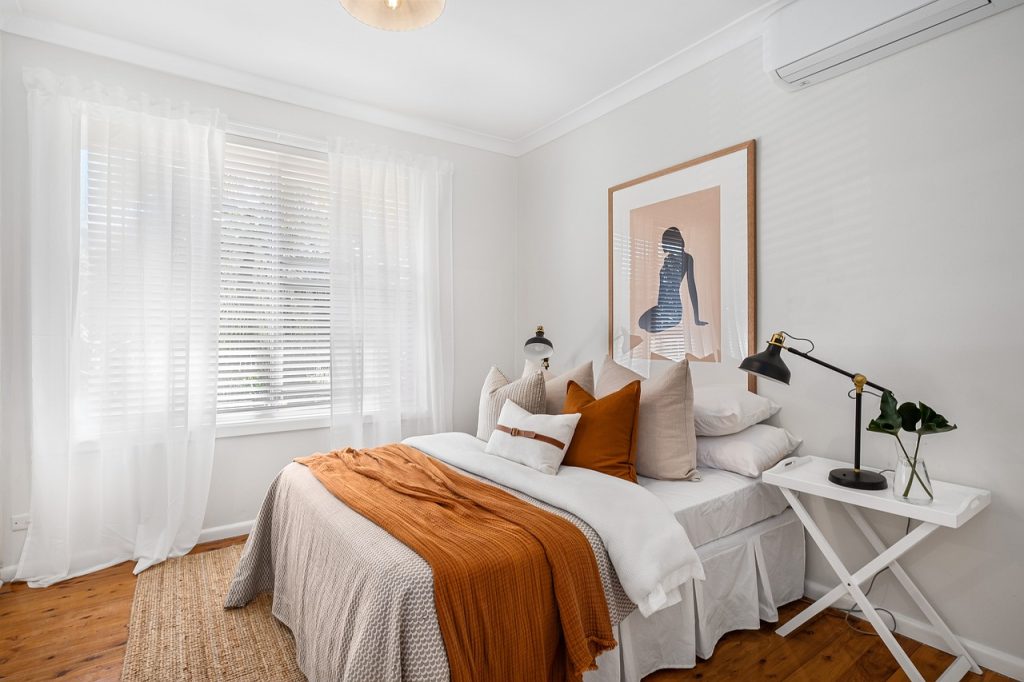
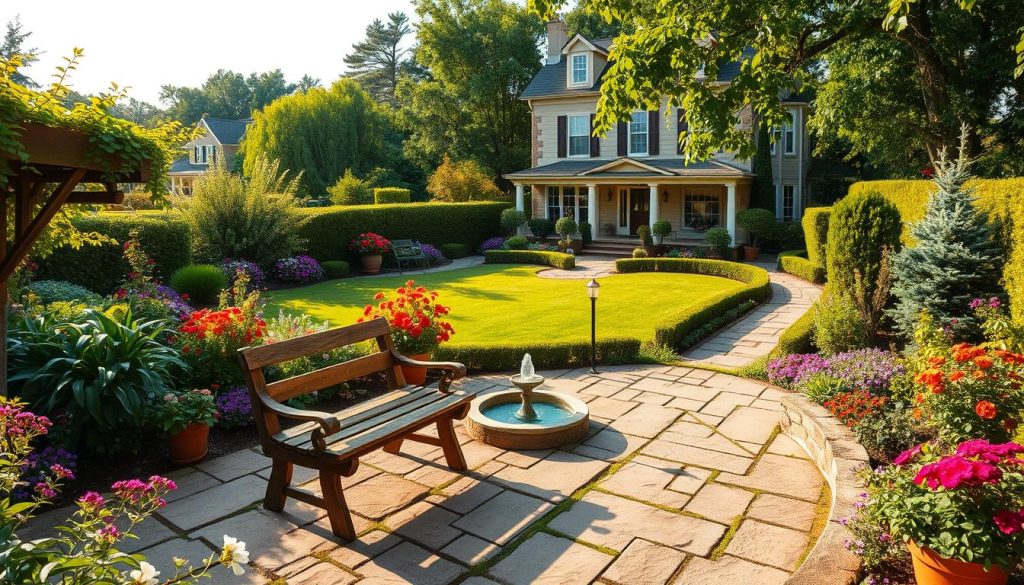
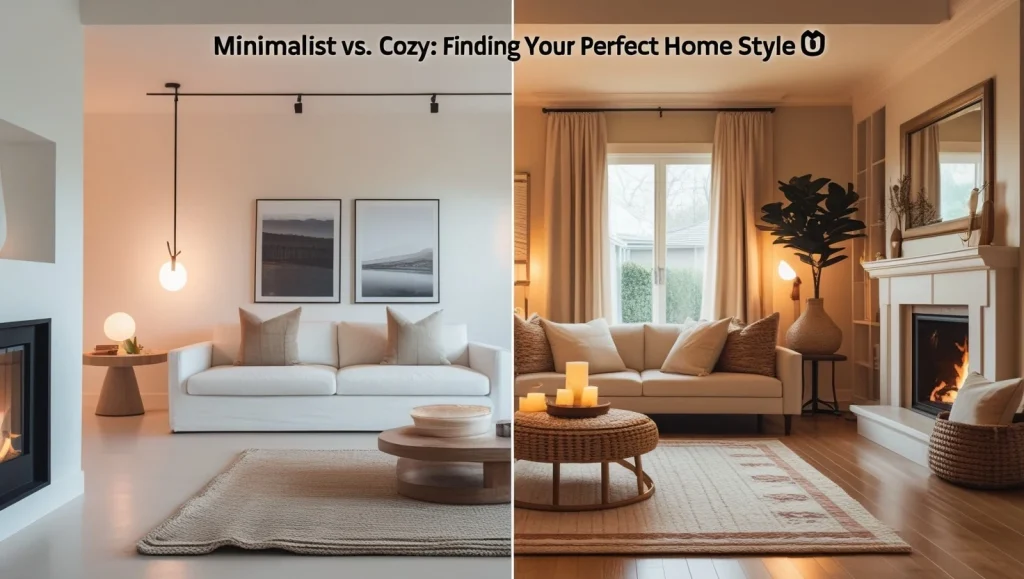
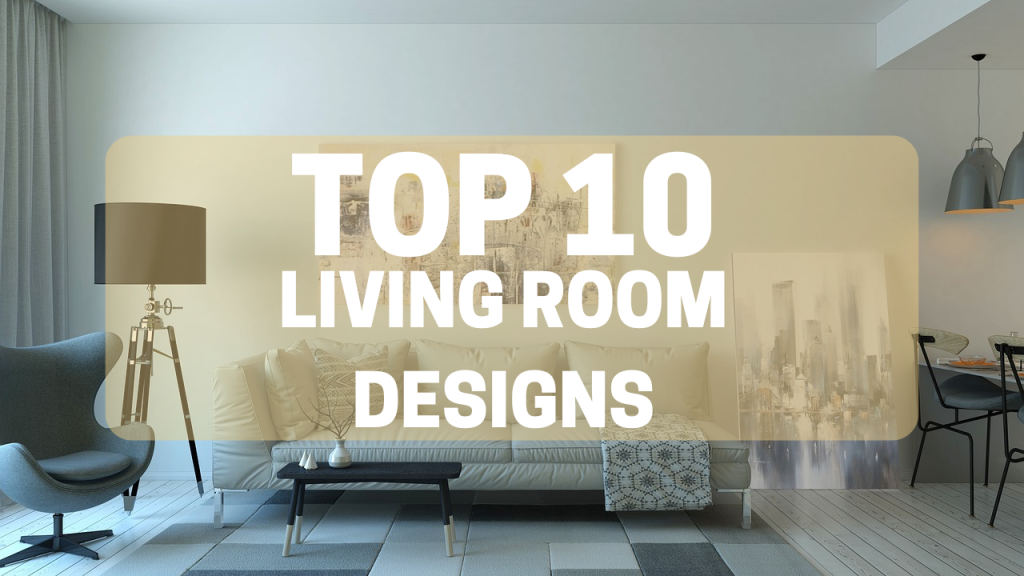
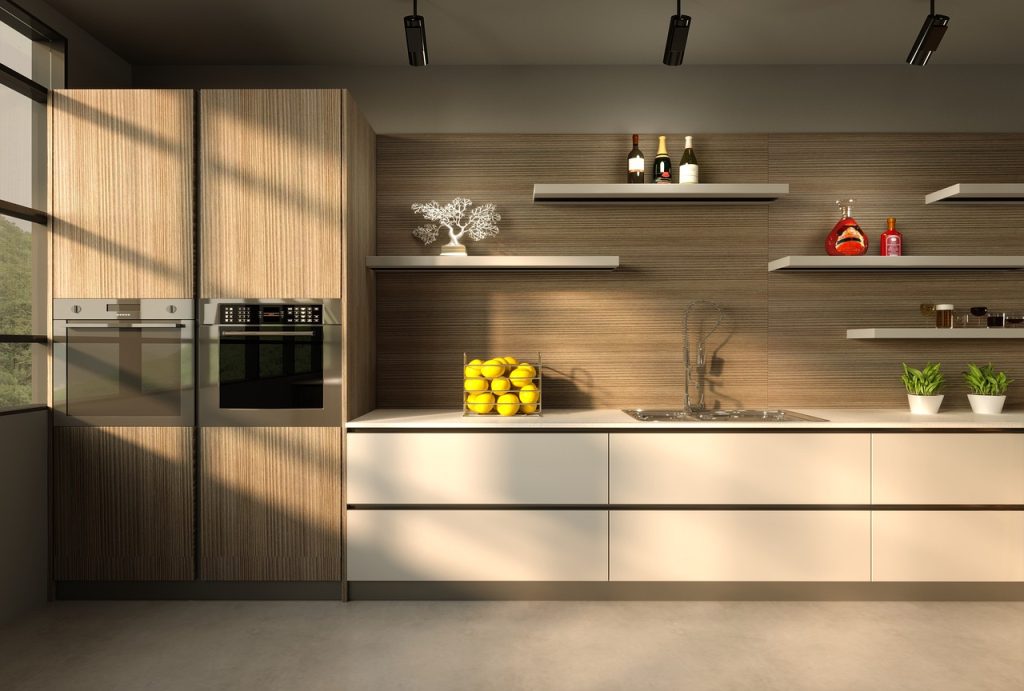
Yesterday, while I was at work, my sister stole
my iPad aand tested to see if it can survive a 30 foot drop, just
soo shhe ccan be a youtube sensation. My apple ipad is now destroyed and she has 83 views.
I know this is completely off topic but I had to hare
it with someone! http://Boyarka-inform.com